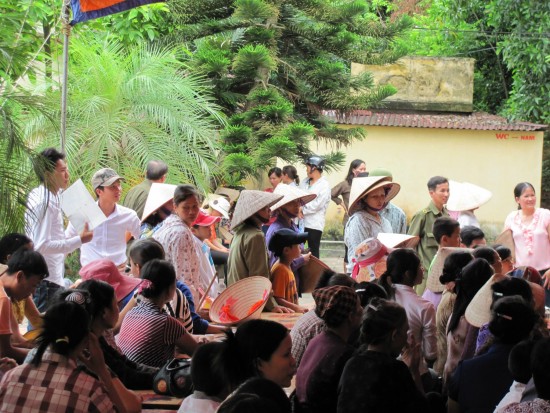To read the other parts of the series:
- Part 1: The Beveridge Model
- Part 2: The National Health Insurance Model
- Part 3: The Bismarck Model
In this last article of my four-part series, let’s discuss a type of health care model that is prevalent in third-world countries. A joint conference between the Wharton School’s Health Care Systems Department at the University of Pennsylvania and the International Finance Corporation-World Bank discussed that “in many developing countries, [the National Health Insurance Model and Bismarck Model] has failed to provide adequate financial protection for its citizens and adequate access to care. The gap shows up in the form of private out-of-pocket spending for services that ‘universal insurance’ cannot or does not supply […] The proportion of total medical spending paid out of pocket […] is very high in many developing countries.”
Countries that do not have established national health care systems make up the majority of the world. Countries that do not enforce medical care are usually too poor or disorganized to provide health care for their citizens. It is usually the rich and powerful who are able to receive care. Those who are too poor must rely on local or untrained health care providers. In third-world countries and rural areas of South America, Africa, and Asia, many people go without receiving care from doctors. These villagers rely on home-remedies to fight against sickness and disease.

Citizens of developing countries who live in rural areas must travel far in order to receive affordable health care in the city. Source: Angeline Nguyen
The World Health Organization states that “formal health insurance in developing countries is rare […] much of the borrowing and saving by households is informal in nature and reliant on the social capital of communities.” Many of these places have village healers that are paid in labor, produce, or favors in exchange for traditional medication. People who have nothing are left on their own and cannot pay actual doctor bills. Citizens unable to pay for these out-of-pocket costs are not able to receive care.
According to data compiled by the World Health Organization, the countries with some of the highest rates of citizens who pay out-of-pocket costs include Sudan, Nigeria, Vietnam, Cambodia, and India. The majority of countries that have high rates of citizens who pay out-of-pocket costs are developing or third-world countries. However, out-of-pocket costs do exist in countries that have developed their own health care systems. The countries with some of the lowest rates of citizens who pay out-of-pocket costs include the Netherlands, Cuba, France, New Zealand, and the UK.
The Out-of-Pocket Model is the most disorganized system of health care out of the four models mentioned in this series. This model cannot ensure that every citizen has access to health care, and the people are often left in sickness or incur a huge debt because they cannot afford to pay for medical care. The countries that rely on this archaic out-of-pocket model are in areas that need public health reform in order to function on the same level of success as the three previously mentioned models in this series.
Generally, countries can be categorized under the Beveridge, National Health Insurance, Bismarck, or Out-of-pocket model. However, the reality is that many countries choose to adopt their own forms of health care that consist of a mix of these four models. It is important to be aware of how certain countries apply particular aspects of these four models in order to gain a better understanding of how international health care programs function. A health care model is not perfect when executed in reality, and we must continue to strive to improve the care available to every person, regardless of nationality.
Feature Image Source: 401(K) 2012










